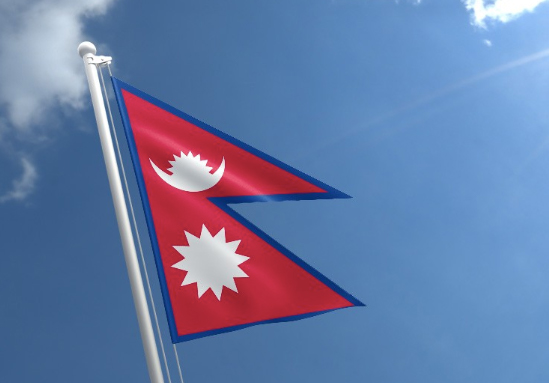The ICJ today deplored the lack of public health preparedness in Nepal necessary to address the latest surge of transmission of the harmful, sometimes event fatal, dengue virus.
The number of dengue fever cases is reported to be rising and has spread to 75 out of Nepal’s 77 districts. Reports indicate that the impact of increased infection has been deepened by the unavailability of beds in public hospitals, blood shortages and scarcity of basic medicines such as cetamol.
The ICJ stresses that failure of Nepal to provide adequately for the most basic medicines and health services has remained chronic.
“During the COVID-19 pandemic, the Supreme Court ordered the authorities to plan and prepare for waves of transmission of infectious diseases, yet this went unheeded,” said Karuna Parajuli, ICJ’s Legal Adviser in Nepal. “The Supreme Court also ordered the government in no uncertain terms to coordinate health responses at provincial and local levels and make special arrangements for the immediate and easy distribution of medicines, also to no avail.”
The ICJ notes that some of the medications and health services needed to respond to the dengue fever outbreak are the same as those necessary to treat COVID-19.
There is only a single public hospital (Sukraraj Tropical and Infectious Disease Hospital) in Nepal specialized in the treatment of tropical and infectious diseases. Media reports, reveal at the hospital instances of, two patients are sharing single bed and unruly and unmanaged queues for service.
Dengue fever is a regular, seasonal problem faced in Nepal since at least 2006 and predictably flaring up during monsoon season. Medical experts have warned that a “lethargic approach to controlling dengue’s spread could be costly” in Nepal. In 2019, the government introduced a Revised National Guidelines on Prevention, Management and Control of Dengue in Nepal in 2019 aiming to prevent and control “seasonal and epidemic” dengue infection.
“Unfortunately, the government’s responses and preparations to combat dengue fever remain wholly inadequate”, said Parajuli. “The Guidelines, for example, focus more on the clinical and treatment aspects relating to dengue fever, which, while important, are insufficient without detailed guidance relating to the establishment of an adequate health system, and the plans for the coordination of government responses to ensure easy access to health services, including medicines”.
ICJ restates its calls for Nepal to comply with its domestic law and international legal obligations to prepare and respond effectively to disease outbreaks by ensuring that people have adequate access to health services including medicines.
Contact
Karuna Parajuli, ICJ Legal Adviser- Nepal, t: +9779808431222, e: karuna.parajuli@icj,org
Background
The first outbreak of dengue was reported in 2006 and since then the cases of dengue usually rise with the onset monsoon season every year, so that it now has taken the form of epidemic compounding with “unprecedented spread, morbidity and mortality”. According to Ministry of Health and Population data on 11 September 2022, dengue was the leading the cause of morbidity in the 35th week on 2022.
Under this Ministry, the Epidemiology and Disease Control Division (EDCD) responsible for “monitoring and supervision of disease, epidemics outbreak and preparedness, prevention and control activities”.
The data from Epidemiology and Disease Control Division reveals that: “The top 10 districts have reported the highest number of cases (14063, 85%), with sporadic cases reported from other districts.”. The authorities themselves have highlighted the need for “the penetration at local level needs improvement for control of dengue” and strengthen the coordination at all level of government.
While the World Health Organization (WHO) has affirmed that there is no specific treatment in dengue cases, timely detection through medical tests and access to proper medical care can prevent fatalities. The WHO recommends medicines like paracetamol to “bring down fever and reduce joint pain”, yet there are severe shortages of this medicine in the local markets.
Nepal is a party to the International Covenant on Economic, Social and Cultural, which means that they have a legal obligation to provide for “the enjoyment of the highest attainable standard of mental and physical heath”. This includes taking the necessary steps for “the prevention, treatment and control of epidemic, endemic, occupational, and other diseases.
Also read:
https://www.icj.org/wp-content/uploads/2020/11/Nepal-Right-to-health-Advocacy-analysis-brief-2020-ENG.pdf





